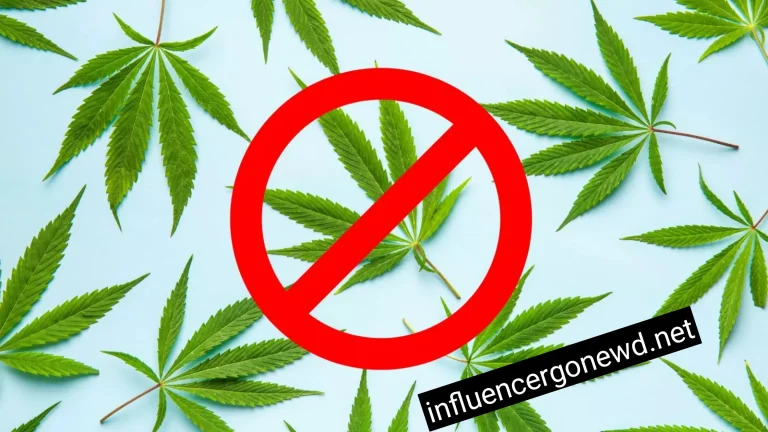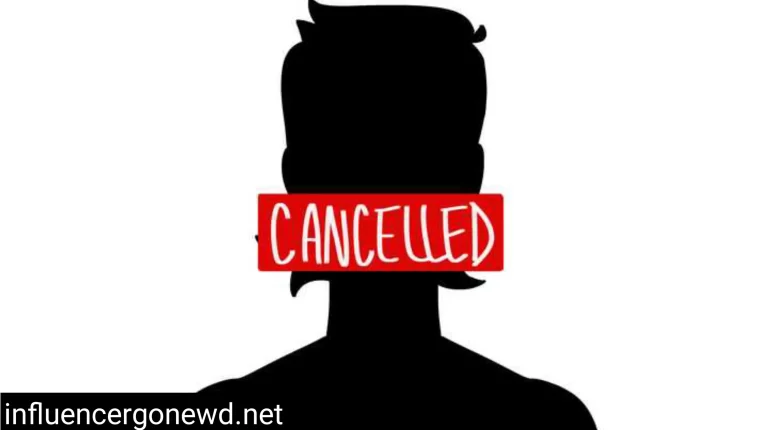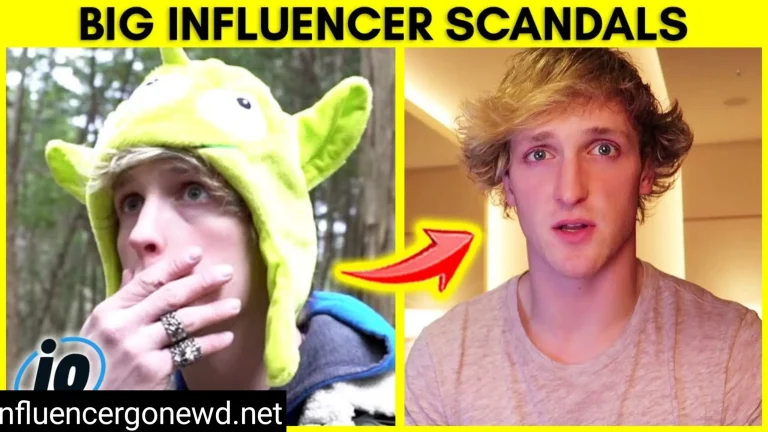Social Media Influencers Who Got Sued on Scamming Fans
In this digital era, social media influencers have become the most powerful force that influences trends, sells products and even makes decisions of millions. Nonetheless, this power comes with responsibility and in many cases, the influencer gone wild phenomenon has shown the dark side of fame. As the litigation against influencers shows, legal challenges range between cryptocurrency scams to unpaid sponsored content, and fans are put in jeopardy when they put their trust in their favorite online celebrities. The article will discuss the high-profile instances when influencers faced lawsuits on scamming their followers, highlighting the legal and moral issues of the influencer business.
Emergence of the Influencer Frauds
The social media influencers economy has gone boom with brands shelling out billions each year to utilize the reach of influencers. But there is a dark side to this profitable business. There are also some fake social media influencers who do fraudulent activities like advertising fake products or not disclosing a paid partnership which causes a lawsuit against the influencer by fans, brands and government.

The Federal Trade Commission (FTC) requires influencers to disclose their material relations with brands explicitly, with such words as ad or sponsored. Their refusal to do so, or even worse, advertising scams, has put some of the influencers in trouble with the law. The list of the most high-profile cases when influencers were sued on the basis of scamming their fans is presented below.
Influencers Who Were Sued on Scamming
1. The Fyre Festival Scandal and Billy McFarland
The genius of the scandalous Fyre Festival, Billy McFarland, organized a huge fraud that was advertised by such social media influencers as Kendall Jenner, Bella Hadid, Hailey Baldwin, and Emily Ratajkowski. These celebrities were highly compensated to advertise the event with some of them being paid up to a quarter of a million dollars to promote a single Instagram post such as Jenner who is said to have received that amount of money to advertise the event.
The advertisements did not reveal that they were paid deceptively to the followers. The festival was a fiasco, with no basic facilities, food and infrastructure. McFarland is imprisoned on a 6-year sentence, and a claim of 100 million dollars was pressed against him, including influencers as being part of the false campaign.
2. Snapchat and Konus Lawsuits of Luke Sabbat
One of the stars of the show Grown-ish, Luke Sabbat, was sued twice in two cases on the breach of contract with social media influencers. Snapchat filed a lawsuit against Sabbat on the basis that he did not promote Snap Spectacles as promised and was seeking damage payment of 45,000 dollars as a way of recovering their money and other losses. Sabbat paid back 15,000 dollars.
In another case, Catwalk to Sidewalk Inc. which owns Konus sued Sabbat because of failure to post promotional content on Instagram, after being paid 30090 dollars, claiming 40000 dollars in damages. These examples demonstrate the legal dangers that influencers take when they do not follow through with their promotional deals, which negatively affect fans indirectly by marketing products without responsibility.
3. The Centra Tech Scam of DJ Khaled and Floyd Mayweather
Investors in Centra Tech, a cryptocurrency project that defrauded $32 million, sued DJ Khaled and Floyd Mayweather who promoted the project. Khaled referred to Centra Tech as a game changer, and Mayweather to himself as Floyd Crypto Mayweather. The fans were misled to invest based on the endorsements by the influencers who did not indicate that they were paid. The founders of Centra Tech were charged by the federal government with securities and wire fraud and investors sought civil remedy, claiming the promotions by the influencers made the fraud worse. The case highlights the risks of influencers promoting unverified financial products.
4. Save the Kids Crypto Scam and Faze Clan
Some of the members of FaZe Clan, such as Frazier Khattri aka FaZe Kay and Sam Pepper aka Scam, were involved in an incident of promoting the Save the Kids cryptocurrency token, which was stated to help charitable causes. The scam was revealed by YouTuber Coffeezilla, who disclosed that the code of the project was hacked to enable big shareholders to sell their holdings at once and the value of the token dropped. Although there are no lawsuits so far, the backlash reflected on how the influencers used the trust of the fans, and no money went to the charities promised.
5. The Crypto Zoo NFT Scandal of Logan Paul
Logan Paul was sued in a class-action lawsuit over promoting CryptoZoo, a game to trade in animals represented by NFTs. Paul had hyped the project as a good investment and sold 10,000 of its so-called Base Eggs, then gave up on it, and value of the project crashed. Fans even sued and said that Paul made money without indicating that he was a co-creator. In the year 2024, Paul attempted to drop the case claiming that he had no interest in scamming. This example shows why it is dangerous when influencers speak about unrealistic projects, such as NFTs, without disclosure.
6. Revolve and Influencer Disclosure Infringements
In April 2025, a consumer sued Revolve Group and the social media influencers Cindy Mello, Tika Camaj, and Nienke Jansz in a class-action lawsuit over the failure to disclose paid promotions. Ligia Negreanu, the plaintiff, claimed that she had bought Revolve products relying on the recommendations of the influencers which she had thought were honest opinions. According to the lawsuit, the influencers and Revolve deliberately broke FTC rules, which resulted in phony prices and falsely tricking consumers. The case demands more than 50 million dollars in damages, which demonstrates the economic issue of concealed advertisements on fans.
The Legal and Ethical Implications
These lawsuits show that influencers are taking advantage of the trust of their followers in order to make money. The guidelines laid down by the FTC to protect consumers are well meaning as they promote transparency but this is difficult to enforce. The grey area in which influencers may act is quite common, particularly when it comes to a new sphere such as cryptocurrency, which is not actively regulated. The fans and especially younger ones might not be financially literate and are susceptible to false advertisements.
In addition, the effect on the influencer industry is brought out by these cases. Brands and influencers are more in the spotlight as lawsuits are on the rise, and they must be more vigilant in their adherence to the regulations of advertising. With the help of such tools as follower quality scores developed by Influencity, brands can recognize the true influencers, yet fans should be cautious as well, making sure that they check the claims and the presence of appropriate disclosures.
How to Secure Yourself against Influencer Frauds
To not become a victim of social media influencers fraud, fans are advised to:
Look at Disclosures: Check whether the content is paid by looking at tags such as ad or sponsored.
Research Products: Research on the validity of promoted products, particularly cryptocurrencies or investments.
Question Hype: Claims of easy money or special offers should be treated with suspicion.
Buy On Trusted Platforms: Buy only in good stores and check on the claims of influencers using other sources.
Report Suspicious Activity: Get in touch with the FTC or platform moderators in case you suspect fraud.
Conclusion
The court cases against such influencers as Billy McFarland, Logan Paul, and others are the wake-up call to the fans and the industry. Although influencers can be inspiring and entertaining, their influence can turn out to be two-edged when applied to deceive. Both the influencers and brands need to emphasize transparency to retain trust as the legal environment continues to develop. To be safe in the influencer economy, fans should be well-informed and aware. Consumers can avoid being scammed by learning through such incidents and making the influencers responsible to their actions.





